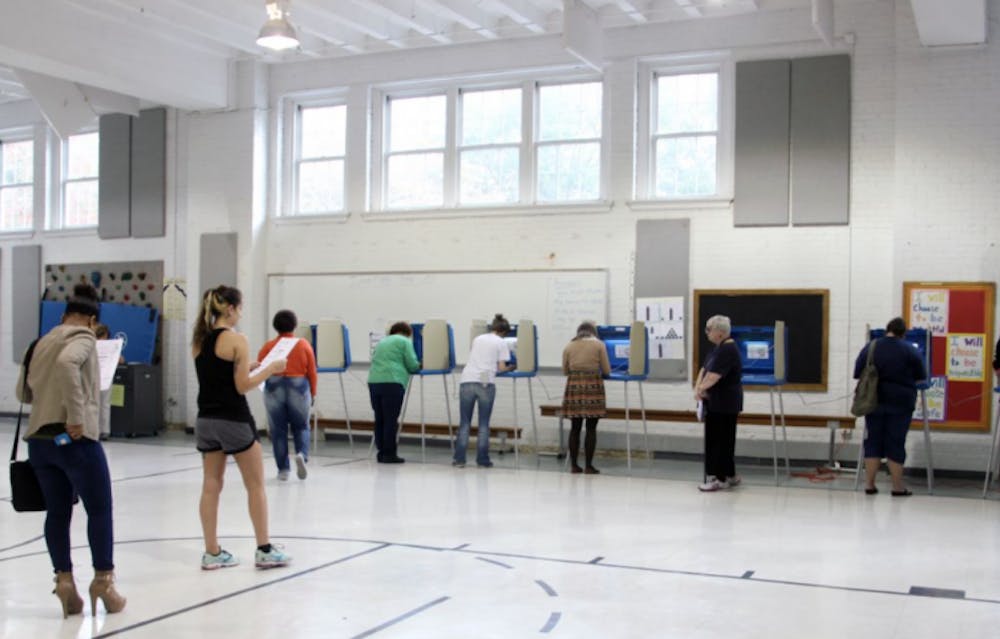Via a 4-4 split, the Supreme Court has kept intact a lower court’s ruling that struck down North Carolina’s controversial voter identification law.
The 2013 legislation, in an attempt to deter voter fraud, required voters to provide photo identification before voting and eliminated both same-day registration and “out-of-precinct voting.” Democrats widely panned the Republican-sponsored bill, arguing that voter fraud rarely happens and that the law was designed to disenfranchise minority voters.
Last July, a United States District Court agreed with the latter interpretation, striking down the law. In its opinion, the court called the decision “one of the largest restrictions of the franchise in modern North Carolina history.”
Experts The Chronicle spoke to at the time said that evidence of serious voter fraud has never been found, but that the potential does technically exist.
“There are far more ‘voters’ in many counties than there are actual people,’” wrote Michael Munger—director of the philosophy, politics and economics program—in an email at the time. “The reason is that the state is lazy and inefficient about policing the voter registration rolls. So there is a serious potential for fraud. But there is no evidence of fraud.”
After the decision, North Carolina Governor Pat McCrory asked the Supreme Court to stay the lower court’s decision and reinstate the voter identification law. However, it decided not to do so Wednesday, not by issuing a decisive ruling or setting precedent but due to a 4-4 deadlock on largely partisan lines.
What this means for student voters is that same-day registration during the early-voting period is back on the table, said Samuel Gedman, interim director of the Durham County Board of Elections. No photo identification will be required at the voting booth, he added.
Get The Chronicle straight to your inbox
Signup for our weekly newsletter. Cancel at any time.

